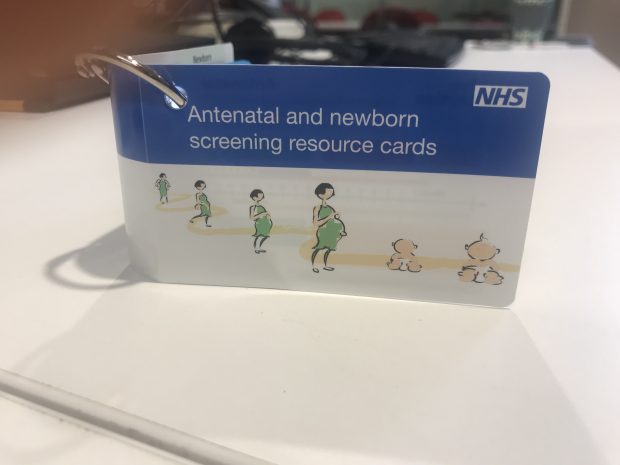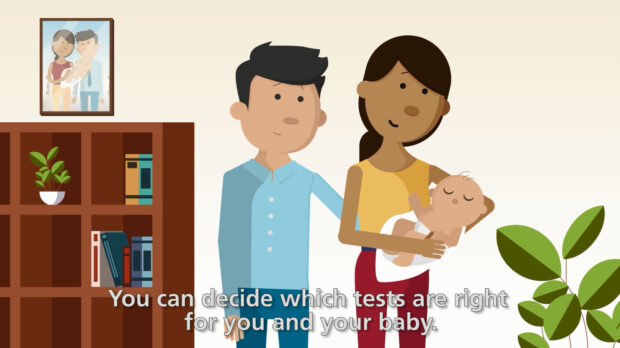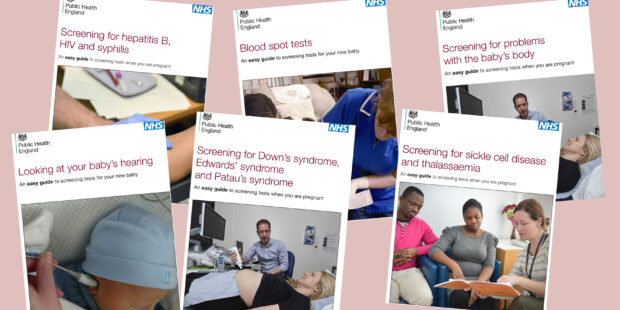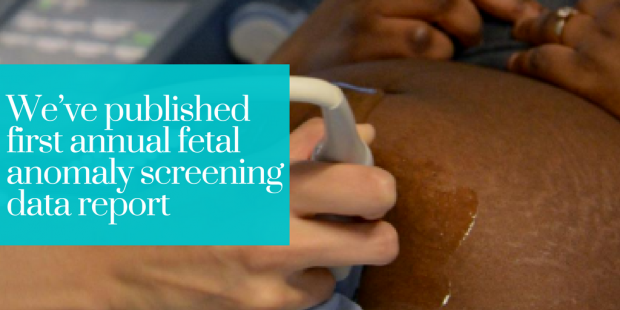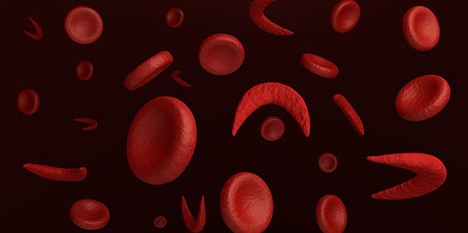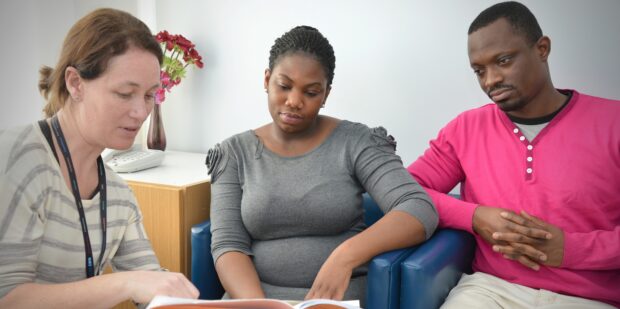We’re asking midwives to fill in a short survey about our credit card sized collection of plastic resource cards giving information about screening offered in pregnancy and to newborn babies.
If you’re reading this then you’ve hopefully seen the PHE ‘screening resource pack for student midwives'. We send it out every year to all universities in England and ask midwifery tutors to give a set to all new starter students. …
We have worked with the NHS Choices video team and an animation company to produce a new screening animation, which in just 2 ½ minutes explains all the types of screening offered during pregnancy and for newborn babies.
Shared learning in this blog post is specifically aimed at laboratories that provide Down’s, Edwards’ and Patau’s screening.
...NBSFS. Hopefully, you already know about this from the message which has been on the login page of NBSFS since December, and also an email which we circulated. But if...
...2018. If you are in London, have experience of providing information to women with learning disabilities and are willing to be interviewed, please contact Sarah Morgan. PHE Screening blog PHE...
We are pleased to publish the first annual data report for the NHS Fetal Anomaly Screening Programme (FASP). We have published the first annual data report for the NHS Fetal Anomaly Screening Programme (FASP). It covers the period 1 April 2015 to 31 March 2016 and provides feedback on completeness of data submission and performance against …
We have launched a period of consultation on the draft NHS Sickle Cell and Thalassaemia Screening Programme handbook.
We have updated our national guidance on counselling and referral for prenatal diagnosis for women and couples at risk of having a baby with sickle cell disease or thalassaemia major.
...and 31 March 2016, approximately 50% of women were screened by 10 weeks gestation (the acceptable level for this standard). Women in high prevalence areas were less likely to be...
